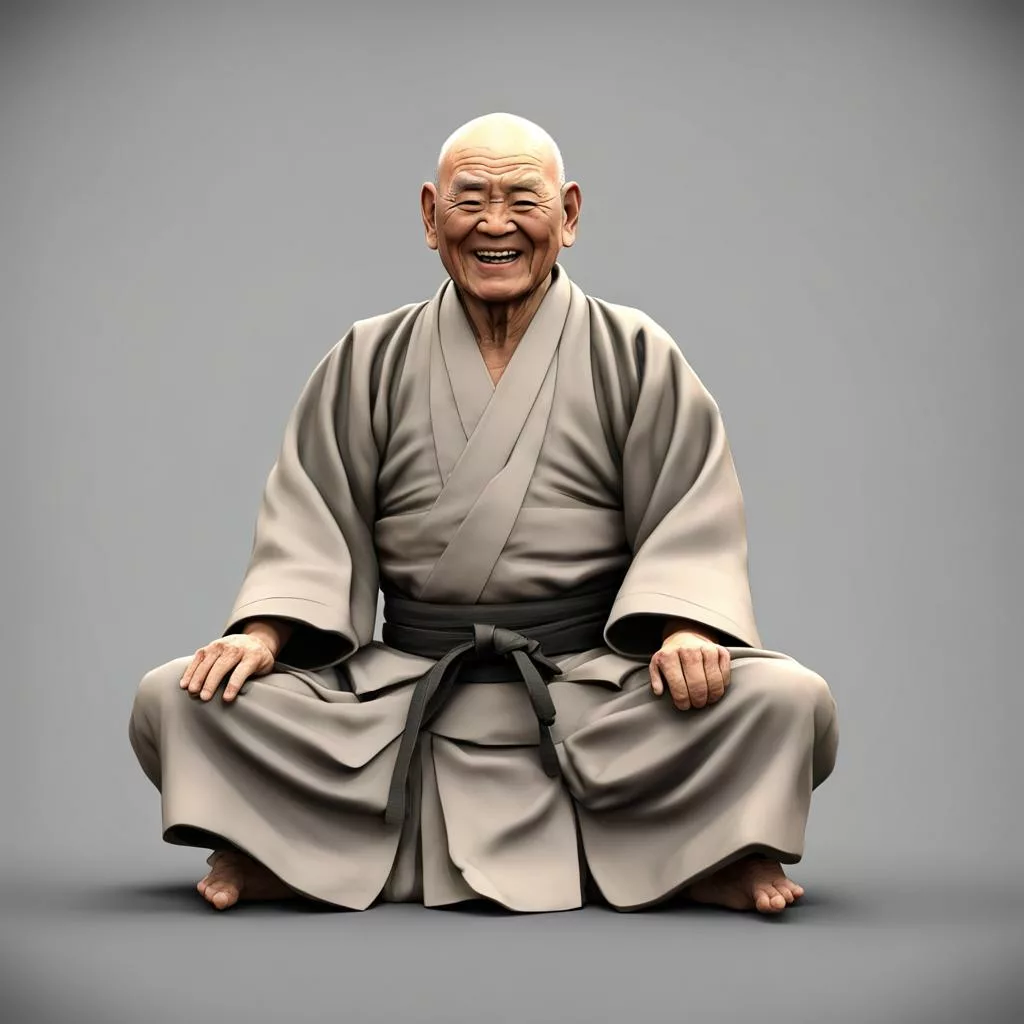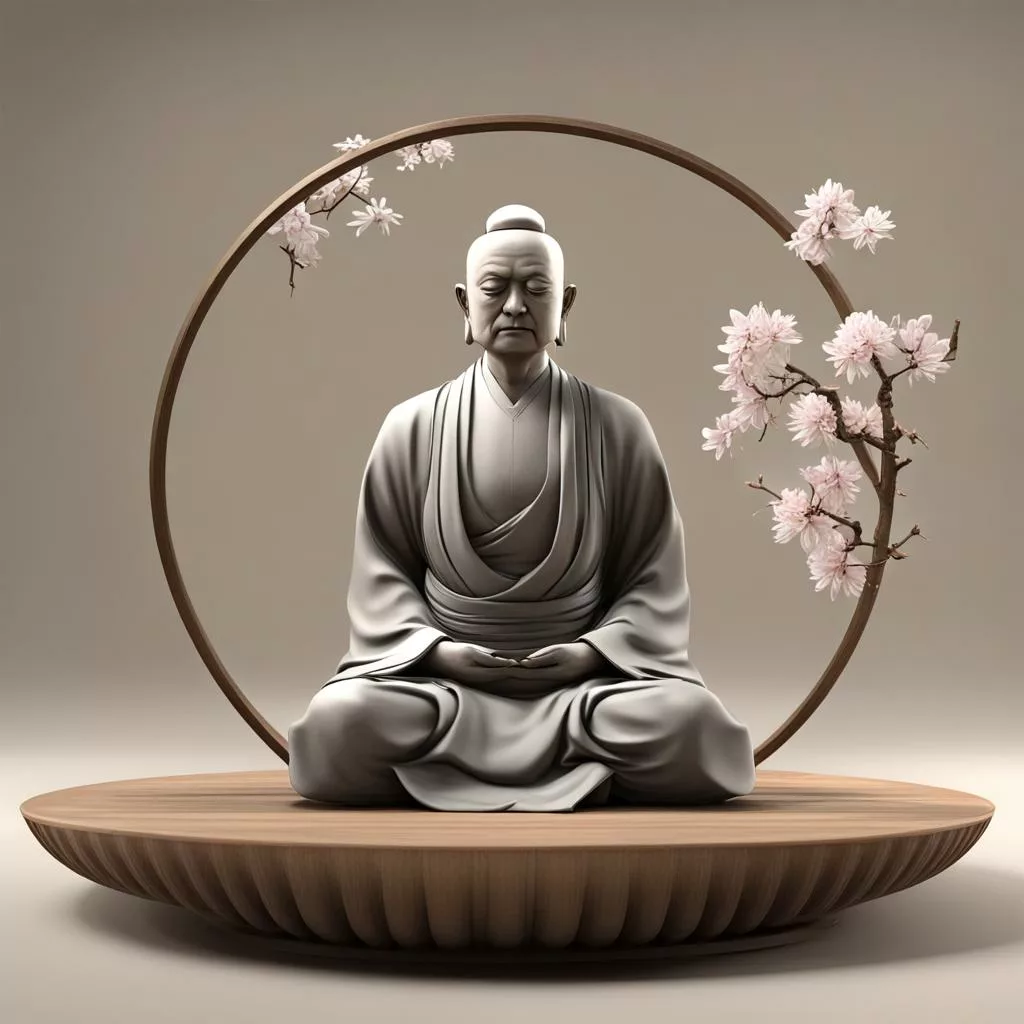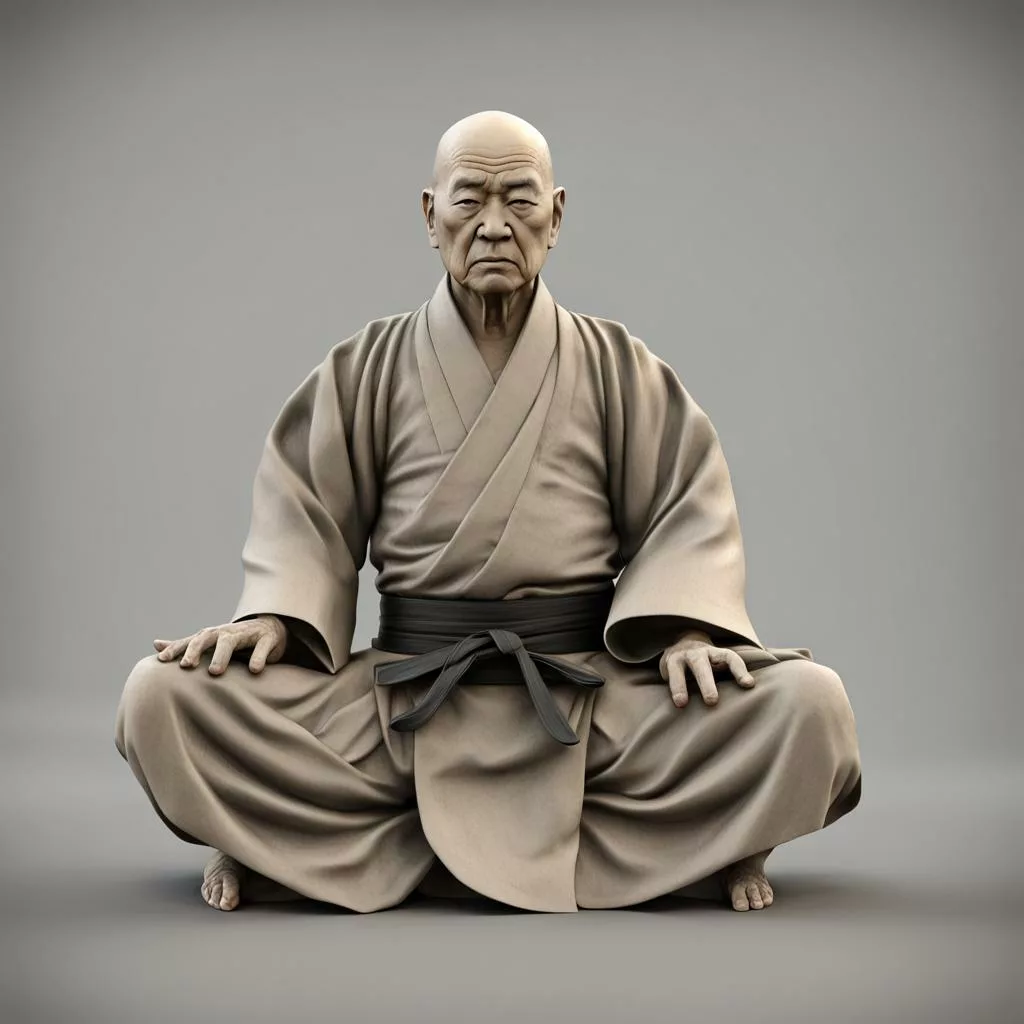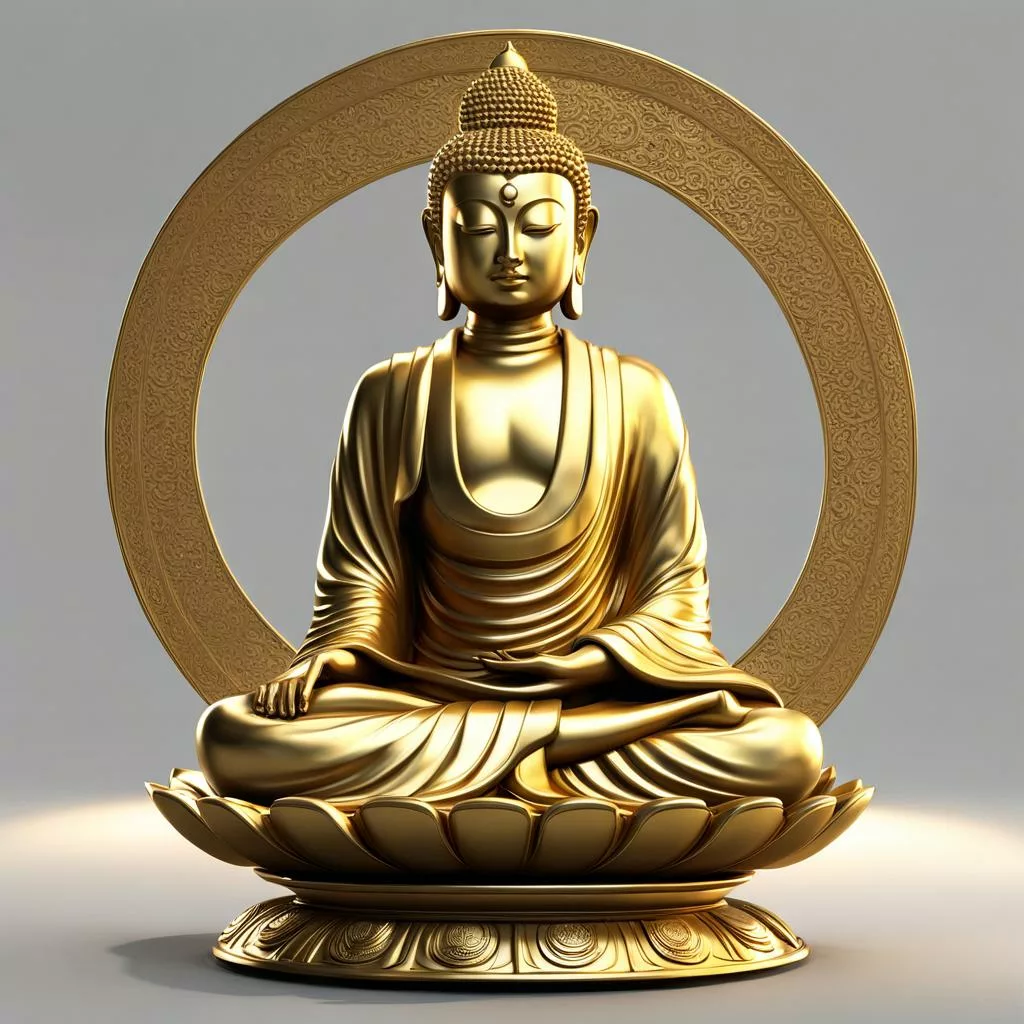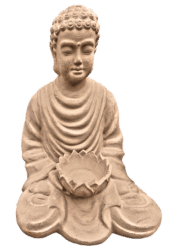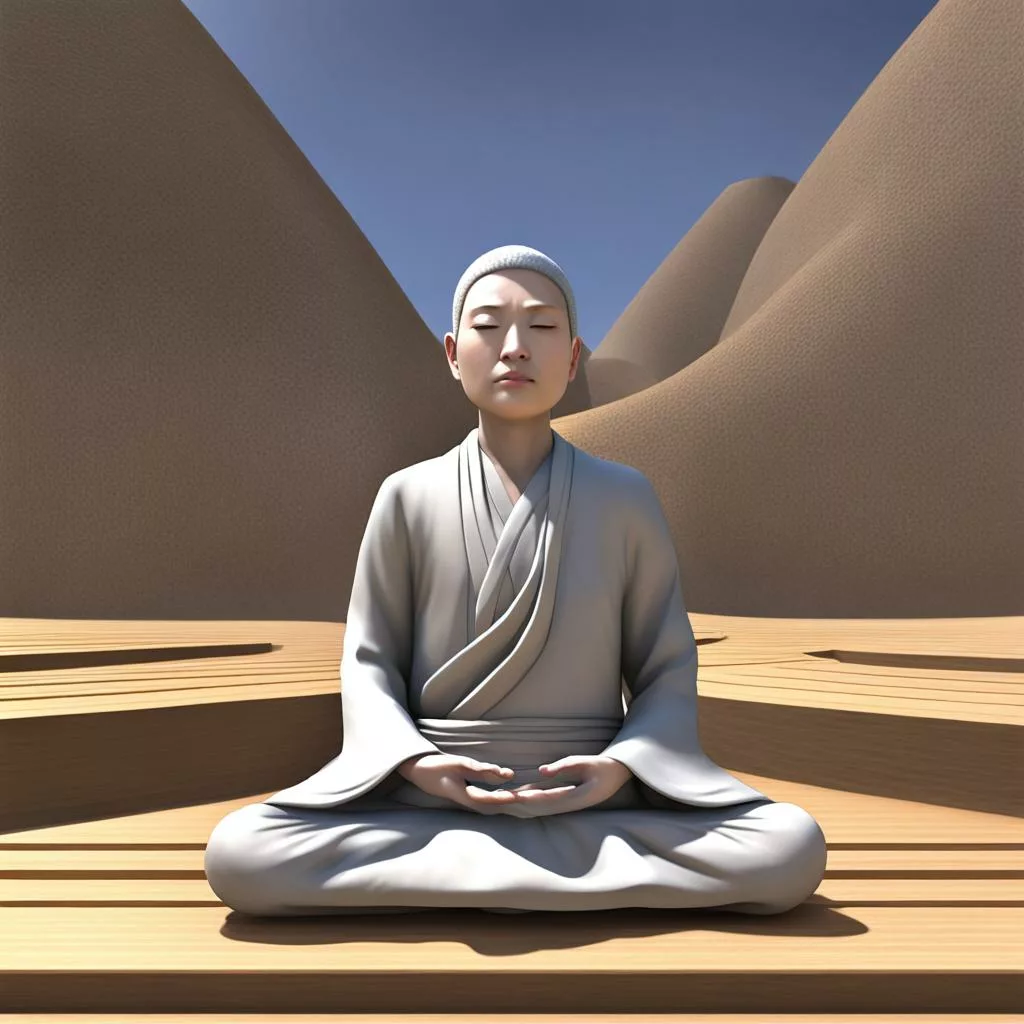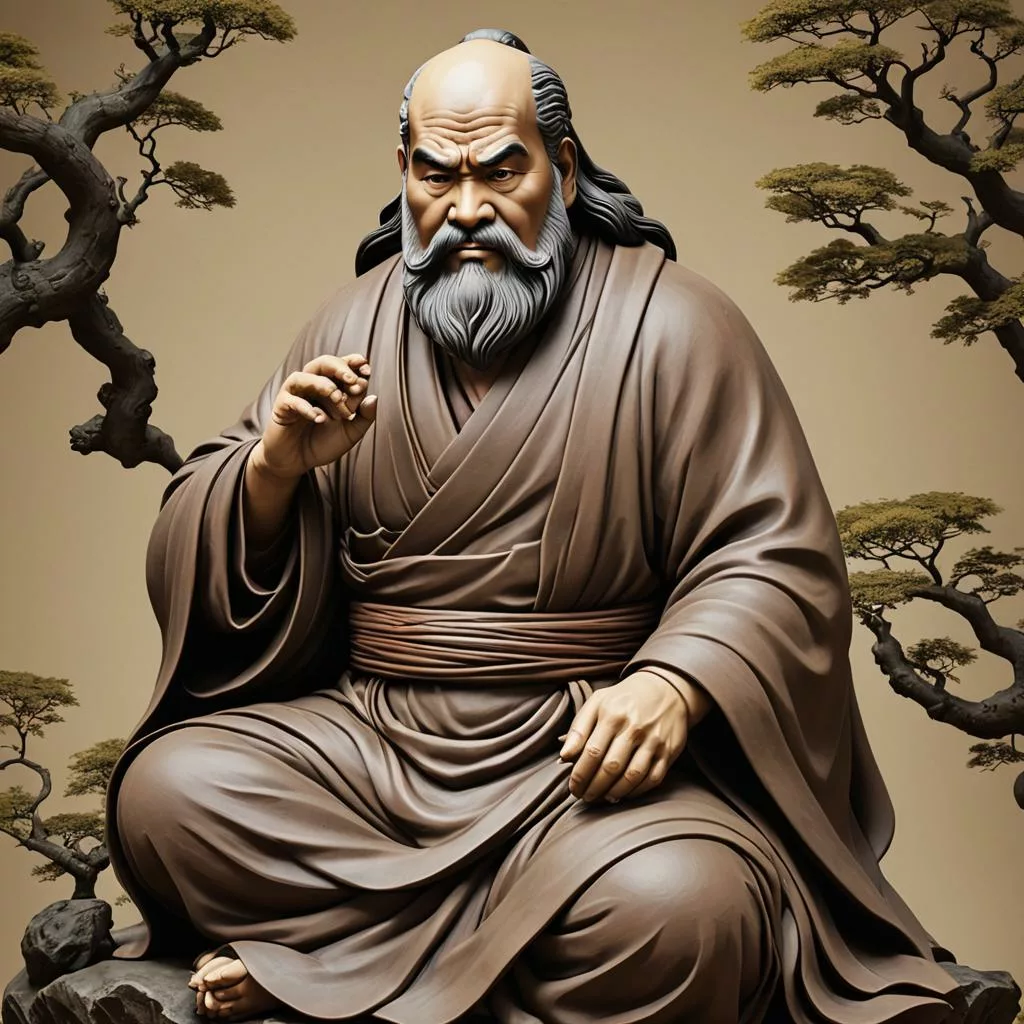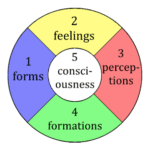https://tibetdharma.com/wp-includes/js/jquery/jquery.min.js
https://tibetdharma.com/wp-includes/js/jquery/jquery-migrate.min.js
var StrCPVisits_page_data = {
'abort' : 'false',
'title' : 'Series: Zen Buddhism',
};
Skip to content
Zen Buddhism (Chan – contemplation, absorption) originate in China around 700AD as Chan, later spreading to Japan. The system incorporates a plain style of ‘self-illuminating’ meditation. It is said to be a Mahayana form with trace elements of Vajrayana. Zen tradition comes from the Chinese word Chánzōng 禪宗. Chan is simply meditation. It teaches the […]
Key points of Zen philosophy are the following:
Tatagathagharba and Emptiness
Nondual nature of Relative and Absolute
2 Types of transference – direct and spoken
Satori and graduated path
Popularized by Bodhidharma, Zazen is the Zen Buddhism style of meditation. The formal term is 瞑想 (meisō). 5 styles of Zazen: 5 Methods of Zazen Zazen Type (Japanese Characters) Description 本普 (Hompu) Attaining skill in meditation for everyday life 外道 (Gedō) Incorporating other schools of meditation 小乗 (Shōjō) Hinayana style for self-liberation 大乗 (Daijō) Meditation to […]
Shikatanza is the Zen subset of Zazen meditation, focusing on true enlightenment. It translates to Silent Illumination, Just Sitting, or Serene Reflection. It corresponds to an objectless meditation and is the highest form of Zen meditation. Shikantaza comes from Ch’an buddhism – the source of Zen. Etymologically, it covers a very non-conceptual ground. “to reflect […]
Zen Buddhism Meditation has 5 different levels of practice. These increase in difficulty and decrease in complexity as the practitioner progresses. Zazen Type (Japanese Characters) Description 本普 (Hompu) Basic ability to meditate, used to make existence easier 外道 (Gedō) Joining with non-Zen methods 小乗 (Shōjō) Soso Tharpa, meditating on non-self and freedom 大乗 (Daijō) Emptiness […]
Koans (gōng’àn in Chinese) are non-logical semantic constructs (stories, statements, etc) intended to push students into the initial insight of dharma mind, then through the initial arrogance accompanying that insight. My understanding of koan in Zen Buddhism is that is meant to ‘stop’ the mental process. We focus on the koan in meditation, until at […]
Nourishing Mind, Body, and Spirit Zen Buddhist Diet Plan and Restrictions A typical Zen Buddhist diet plan emphasizes plant-based foods, whole grains, and seasonal vegetables. It avoids excess spices and strongly flavored foods to maintain simplicity and clarity of mind. Moreover, Zen Buddhists tend to avoid luxurious or extravagant meals. In Zen Buddhism, the path […]
Ōryōki is a meditative style of eating in Zen Buddhism. A set of nested bowls and utensils are wrapped in a set of cloths, which are set up for service from fellow practitioners. The meal is heavily choreographed and silent. I love eating Ōryōki. I’ve done it hundreds of times. I’ve worked as server, head […]
Satori 悟り is a Japanese term for seeing the nature of reality, Kensho: seeing nature. Kensho is the first experience of Satori, which is more stable, though it falls short of full enlightenment. The term is unfortunately translated as Sudden Enlightenment. In my experience, there is no sudden enlightenment. There are major openings in terms […]
Bodhidharma, also known as Daruma in Japan, was a Buddhist monk who lived during the 5th or 6th century CE. He is revered as the founder of the Chan (Zen) school of Buddhism in China and is considered the first patriarch of Zen Buddhism. Here’s a brief overview of Bodhidharma’s life and significance: I always […]
var seriesdropdown = document.getElementById("orgseries_dropdown");
if (seriesdropdown) {
function onSeriesChange() {
if ( seriesdropdown.options[seriesdropdown.selectedIndex].value != ( 0 || -1 ) ) {
location.href = "https://tibetdharma.com/series/"+seriesdropdown.options[seriesdropdown.selectedIndex].value;
}
}
seriesdropdown.onchange = onSeriesChange;
}
var STR_CPVISITS = {"security":"36a1de32cc","ajax_url":"https:\/\/tibetdharma.com\/wp-admin\/admin-ajax.php","text_page_name":"PAGE NAME","text_cannot_access_page_name":"Cannot access page name - try to flush server cache...","text_message":"MESSAGE","text_total_page_visits":"TOTAL PAGE VISITS","text_total_website_visits":"TOTAL WEBSITE VISITS"};
https://tibetdharma.com/wp-content/plugins/page-visits-counter-lite/assets/frontend/page-visits-counter-lite-ajax.js
var ct_localizations = {"ajax_url":"https:\/\/tibetdharma.com\/wp-admin\/admin-ajax.php","public_url":"https:\/\/tibetdharma.com\/wp-content\/themes\/blocksy\/static\/bundle\/","rest_url":"https:\/\/tibetdharma.com\/wp-json\/","search_url":"https:\/\/tibetdharma.com\/search\/QUERY_STRING\/","show_more_text":"Show more","more_text":"More","search_live_results":"Search results","search_live_no_results":"No results","search_live_no_result":"No results","search_live_one_result":"You got %s result. Please press Tab to select it.","search_live_many_results":"You got %s results. Please press Tab to select one.","expand_submenu":"Expand dropdown menu","collapse_submenu":"Collapse dropdown menu","dynamic_js_chunks":[{"id":"blocksy_ext_trending","selector":".ct-trending-block [class*=\"ct-arrow\"]","url":"https:\/\/tibetdharma.com\/wp-content\/plugins\/blocksy-companion\/framework\/extensions\/trending\/static\/bundle\/main.js?ver=2.0.55","trigger":"click"},{"id":"blocksy_sticky_header","selector":"header [data-sticky]","url":"https:\/\/tibetdharma.com\/wp-content\/plugins\/blocksy-companion\/static\/bundle\/sticky.js?ver=2.0.55"}],"dynamic_styles":{"lazy_load":"https:\/\/tibetdharma.com\/wp-content\/themes\/blocksy\/static\/bundle\/non-critical-styles.min.css?ver=2.0.55","search_lazy":"https:\/\/tibetdharma.com\/wp-content\/themes\/blocksy\/static\/bundle\/non-critical-search-styles.min.css?ver=2.0.55","back_to_top":"https:\/\/tibetdharma.com\/wp-content\/themes\/blocksy\/static\/bundle\/back-to-top.min.css?ver=2.0.55","cookie_notification":"https:\/\/tibetdharma.com\/wp-content\/plugins\/blocksy-companion\/framework\/extensions\/cookies-consent\/static\/bundle\/main.min.css"},"dynamic_styles_selectors":[{"selector":".ct-header-cart, #woo-cart-panel","url":"https:\/\/tibetdharma.com\/wp-content\/themes\/blocksy\/static\/bundle\/cart-header-element-lazy.min.css?ver=2.0.55"},{"selector":".flexy","url":"https:\/\/tibetdharma.com\/wp-content\/themes\/blocksy\/static\/bundle\/flexy.min.css?ver=2.0.55"},{"selector":"#account-modal","url":"https:\/\/tibetdharma.com\/wp-content\/plugins\/blocksy-companion\/static\/bundle\/header-account-modal-lazy.min.css?ver=2.0.55"},{"selector":".ct-header-account","url":"https:\/\/tibetdharma.com\/wp-content\/plugins\/blocksy-companion\/static\/bundle\/header-account-dropdown-lazy.min.css?ver=2.0.55"}]};
https://tibetdharma.com/wp-content/themes/blocksy/static/bundle/main.js
https://tibetdharma.com/wp-content/plugins/blocksy-companion/framework/extensions/cookies-consent/static/bundle/main.js
